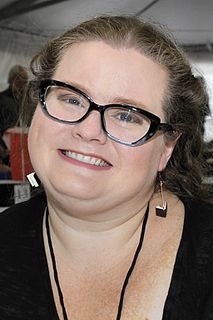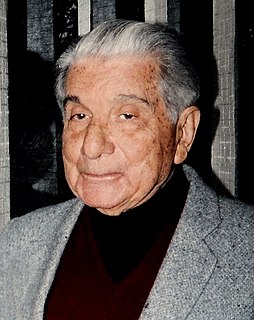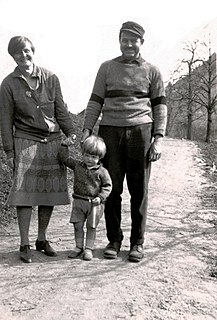A Quote by William Faulkner
What a writer's obituary should read - he wrote the books, then he died.
Related Quotes
One wouldn't want to say that what makes a good writer is the number of books that the writer wrote because you could write a whole number of bad books. Books that don't work, mediocre books, or there's a whole bunch of people in the pulp tradition who have done that. They just wrote... and actually they didn't write a whole bunch of books, they just wrote one book many times.
The most important thing for a writer to do is to write. It really doesn't matter what you write as long as you are able to write fluidly, very quickly, very effortlessly. It needs to become not second nature but really first nature to you. And read; you need to read and you need to read excellent books and then some bad books. Not as many bad books, but some bad books, so that you can see what both look like and why both are what they are.
When I was very little, say five or six, I became aware of the fact that people wrote books. Before that, I thought that God wrote books. I thought a book was a manifestation of nature, like a tree. When my mother explained it, I kept after her: What are you saying? What do you mean? I couldn't believe it. It was astonishing. It was like--here's the man who makes all the trees. Then I wanted to be a writer, because, I suppose, it seemed the closest thing to being God.
I wrote a book. It sucked. I wrote nine more books. They sucked, too. Meanwhile, I read every single thing I could find on publishing and writing, went to conferences, joined professional organizations, hooked up with fellow writers in critique groups, and didn't give up. Then I wrote one more book.
About one month before he was killed, when asked by David Frost how his obituary should read: Something about the fact that I made some contribution to either my country, or those who were less well off. I think back to what Camus wrote about the fact that perhaps this world is a world in which children suffer, but we can lessen the number of suffering children, and if you do not do this, then who will do this? I'd like to feel that I'd done something to lessen that suffering.
There were epochs in the history of humanity in which the writer was a sacred person. He wrote the sacred books, universal books, the codes, the epic, the oracles. Sentences inscribed on the walls of the crypts; examples in the portals of the temples. But in those times the writer was not an individual alone; he was the people.






































